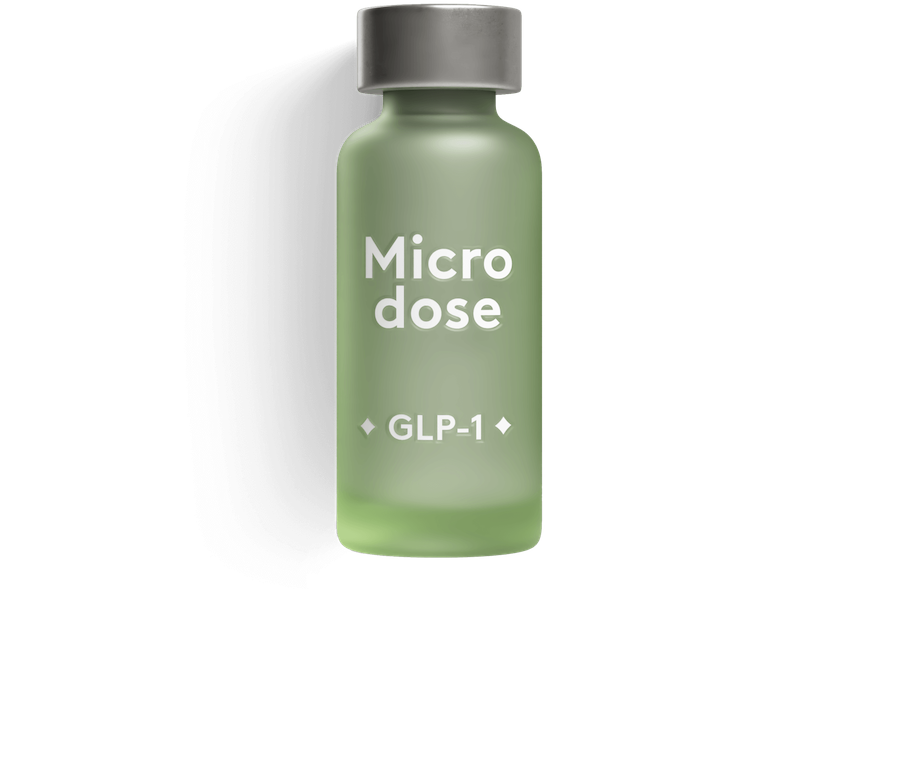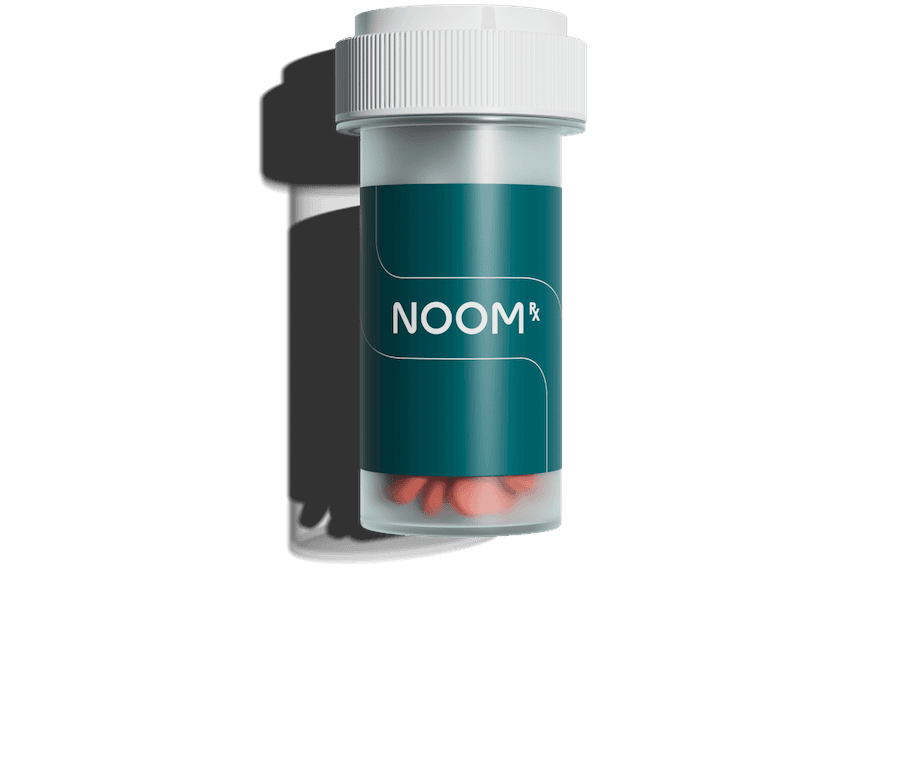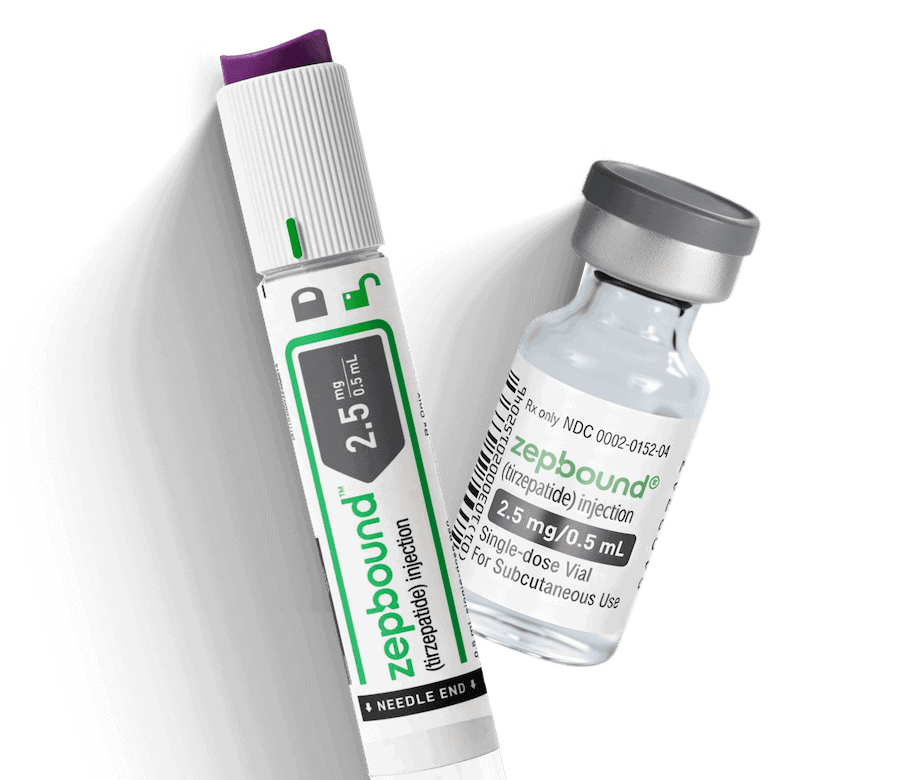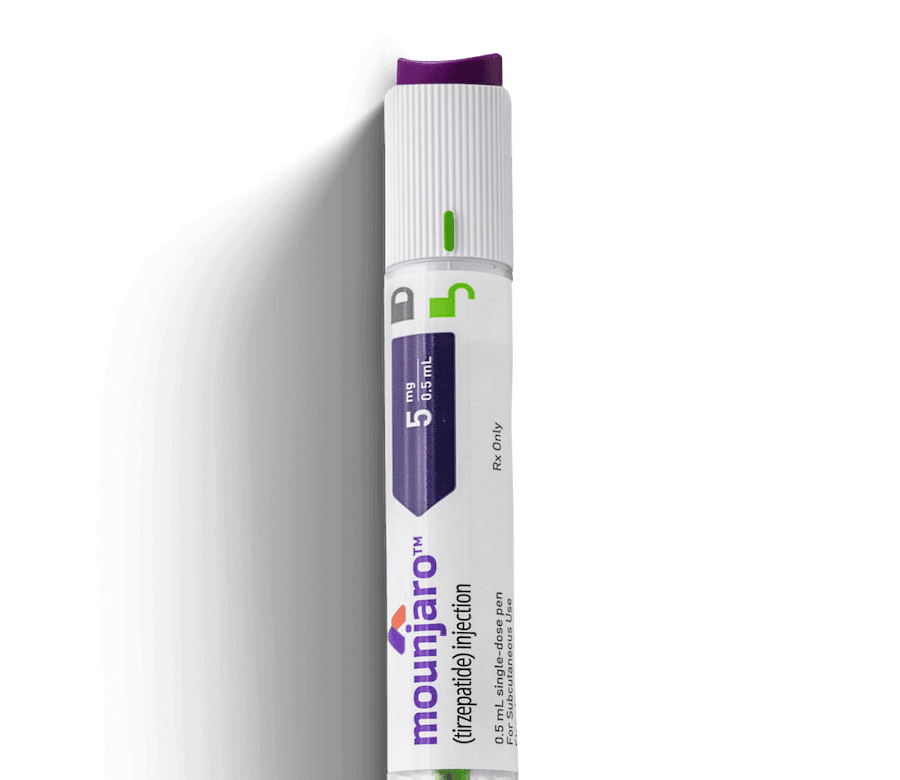What you’ll learn:
- Orange juice is rich in essential nutrients like vitamin C, potassium, and folate, but also contains high levels of natural sugar.
- Drinking too much can lead to weight gain, blood sugar spikes, and enamel erosion—so moderation is key.
- Choosing the right type and portion size helps you enjoy orange juice as part of a balanced, mindful diet.
The average American drinks about 2.5 gallons of orange juice per year—a sharp drop from around 5 gallons in 2000.
Why the decline? While many of us grew up believing a glass of orange juice was the healthiest way to start the day, evolving nutrition research has revealed a more nuanced picture. Even 100% fruit juice is best enjoyed in moderation, mostly due to its natural sugar content.
That doesn’t mean you need to cut it out completely. Orange juice still delivers key nutrients like vitamin C, potassium, and folate. And in smaller portions, it can be part of your day.
Rx weight-loss, the right way, with Noom
Get access to prescription weight loss medication with Noom.At Noom, we believe in looking at the full picture and understanding both the benefits and drawbacks of foods like OJ. We’re here to help you make informed choices and find what works for you, not just what sounds healthy on the surface. Curious how orange juice fits into a well-rounded diet? Let’s take a closer look at what the science says.
Nutrients in orange juice
Orange juice is often seen as a staple breakfast beverage, but how does it stack up nutritionally? Here’s a detailed look at what’s in 8 ounces (1 cup) of orange juice:
Sign up for Noom Digest!
Stay on top of your wellness journey with the latest Noom news, thoughtful articles, and a healthy dose of inspiration delivered right to your inbox.- Calories: 110-120 calories
- Protein: 2 g
- Total Fat: 0 g
- Carbohydrates: 27-28 g
- Sugars: 21 g
- Dietary Fiber: 0.6 g
Vitamins and minerals in orange juice:
- Vitamin C: 71.2 mg – 1 cup of orange juice provides 100% of the recommended daily value (RDA). Vitamin C supports immune function and helps maintain healthy skin.
- Folate: 74.4 µg – It also supplies roughly 11% of the RDA of folate, which is essential for cell growth and repair, and is especially important during pregnancy.
- Potassium: 451.2 mg – You’ll get about 14% of the RDA for potassium, which plays a role in regulating blood pressure and maintaining heart health.
- Calcium: 27.28 mg – Orange juice also has about 2.7% of the RDA of calcium. (Fortified orange juice provides about one-third of the RDA.)
*Recommended dietary allowance (RDA) is defined as the average daily amount of nutrients that are needed to meet the requirements of nearly all healthy people in a specific group.
8 health benefits of orange juice
100% orange juice can contribute valuable nutrients and has been linked to a few surprising health benefits. Here’s what research has found about how orange juice might support your overall well-being.
- It’s packed with vitamins and minerals: Drinking 100% orange juice might help you meet your daily needs for key nutrients. A study of nearly 16,000 people found that those who drank orange juice had higher levels of vitamin C, potassium, calcium, and even vitamin D (when the orange juice was fortified with this vitamin). They also consumed less added sugar and reported better overall diet quality for the day.
- It can be great for kids (in moderation): The same research focused on children aged 2 to 18 showed that regular OJ drinkers consumed more nutrients. They were also less likely to fall short on vitamin C. Plus, they didn’t find a link between drinking orange juice and being overweight.
- Orange juice may fight oxidative stress: Orange juice is rich in antioxidants like flavonoids and vitamin C, which help protect your body from damage caused by oxidative stress. One study showed that drinking 25 ounces (about 3 cups) of orange juice daily for eight weeks significantly increased antioxidant levels in participants.
- It may support cholesterol and blood pressure: A study showed that drinking at least two cups of orange juice per day can lower total and LDL (“bad”) cholesterol while giving HDL (“good”) cholesterol a boost. It’s also been linked to reduced diastolic blood pressure.
- It may tame inflammation: A systematic review found that drinking 100% orange juice helps reduce markers of inflammation and oxidative stress, two key culprits in chronic disease development.
- Orange juice could keep your brain sharp: The antioxidants in orange juice don’t just protect your body—they may also give your brain a boost. One 8-week study found that older adults who drank flavonoid-rich OJ showed improved memory, verbal recall, and focus. Another study showed that adults aged 30 to 65 felt more alert and focused for up to six hours after drinking it.
- It could boost immunity: Feeling a cold coming on? The vitamin C in orange juice might help boost your immune system.
- It may help manage weight: One small study suggests that 100% orange juice may help increase satiety more than sugar-sweetened beverages, which could help curb appetite when consumed with meals.
Remember, while OJ has its healthy benefits, balance is key. Track it as you would any other food.
The potential drawbacks of orange juice
While orange juice provides numerous health benefits, drinking too much can have its downsides. Let’s explore some of the potential risks supported by research and tips on how to enjoy OJ wisely.
- It’s high in sugar: Orange juice is high in natural sugars, with approximately 25 grams per 10-ounce serving, which can quickly increase your calorie intake. The World Health Organization (WHO) recommends limiting sugar to 10% of total calories. Regularly consuming large amounts of orange juice might lead to weight gain and health issues.
- It can spike blood sugar: The natural sugars in orange juice are absorbed rapidly, causing quick rises in blood glucose levels. This can be concerning for people with diabetes or insulin resistance.
- It could be bad for your teeth: Orange juice is quite acidic. Frequent sipping can erode your tooth enamel, increasing the likelihood of cavities and sensitivity. To protect your teeth:
- Enjoy orange juice with meals to neutralize the acidity.
- Rinse your mouth with water afterward.
- Use a straw to minimize contact with teeth.
- It could cause heartburn. Drinking too much orange juice can lead to bloating, cramps, or even heartburn, mostly because of its acidity and natural sugar. For people with acid reflux or GERD, it can be especially triggering. One study found that orange juice may reduce the muscle pressure that normally keeps stomach acid down, making heartburn more likely. If you’re sensitive, try smaller servings or pair your juice with food to help minimize discomfort.
Different types of orange juice
When it comes to orange juice, not all types are created equal. From freshly squeezed to fortified, each variety has its own benefits and considerations. Understanding the differences can help you choose the best orange juice for your health needs and lifestyle. Here’s what you should know about the most common types of orange juice:
- Freshly squeezed orange juice: The simplest form of OJ you can get. This type is packed with vitamin C and antioxidants, giving it a bright, natural flavor. However, it has a short shelf life, can be expensive, and carries a slight risk of foodborne illnesses since it isn’t pasteurized. It’s great if you want a nutrient-packed drink and don’t mind paying a premium price (or squeezing your own).
- Pasteurized orange juice: This is the most common commercial form. It’s heated to kill harmful bacteria, making it safer for children, pregnant people, older adults, and people with weakened immune systems. The heat may reduce some antioxidants, but vitamin C is often added back in. Pasteurization can also dull the natural flavor, which is why some brands use “flavor packs” made from orange oils and essences to bring it back.
- Flavored or artificially sweetened orange juice: This type of orange juice includes added sugars, flavors, or other ingredients that might increase or decrease the calorie count. Read the labels carefully for added sugar.
- Fortified orange juice: This type of orange has extra nutrients, like calcium, vitamin D, or omega-3. These options can be helpful if you’re looking to boost your intake of specific nutrients, like calcium and vitamin D.
Is orange juice ultra-processed?
Whether orange juice counts as “ultra-processed” depends on how it’s made. Freshly squeezed orange juice or 100% orange juice (with no added sugar, sweeteners, or additives) is considered minimally processed. Juices made with flavor enhancers, added sugars, or stabilizers, and sweetened fruit “drinks” fall closer to ultra-processed territory.
So, if you grab a carton of pure 100% orange juice with nothing else on the ingredient list, it’s unlikely to be classified as ultra-processed. But if you spot terms like “orange-flavored,” “fruit cocktail,” or added sweeteners on the label, you’re dealing with a more heavily processed beverage.
The best way to enjoy orange juice
If you’re looking to include orange juice as part of a healthy eating plan without overdoing it, here are a few tips to keep in mind:
- Choose 100% juice with no added sugar or additives. When you’re reaching for that carton, remember that not all orange juices are created equal. If you’re looking to maximize nutrients while keeping an eye on sugar, go for 100% juice with no added sweeteners.
- Pair it with whole foods. You can also enjoy your juice alongside a balanced meal or snack that includes protein, healthy fats, and fiber (e.g., eggs, whole-grain toast with nut butter, yogurt with fruit) to help prevent blood sugar spikes and support satiety.
- Consider whole oranges, too. At Noom, we often suggest opting for whole fruits when possible. They give you all the great nutrients of juice, plus the added bonus of fiber to help you feel more satisfied. But if you do enjoy your OJ, savor it mindfully as part of your balanced eating plan.
The bottom line: Orange juice is healthy in moderation
Orange juice can still have a place at the table—especially when you’re thoughtful about how much and how often you drink it. It’s a convenient source of important nutrients like vitamin C, potassium, and folate, and some research suggests it may even offer added benefits like improved antioxidant levels or support for heart and brain health. But it’s also high in natural sugars and low in fiber, which is why portion size matters.
Choosing 100% juice, pairing it with whole foods, and staying mindful of portions can help you enjoy the health benefits of orange juice and make it work for you and your goals.
Why you can trust us
At Noom, we’re committed to providing health information that’s grounded in reliable science and expert review. Our content is created with the support of qualified professionals and based on well-established research from trusted medical and scientific organizations. Learn more about the experts behind our content on our Health Expert Team page.











